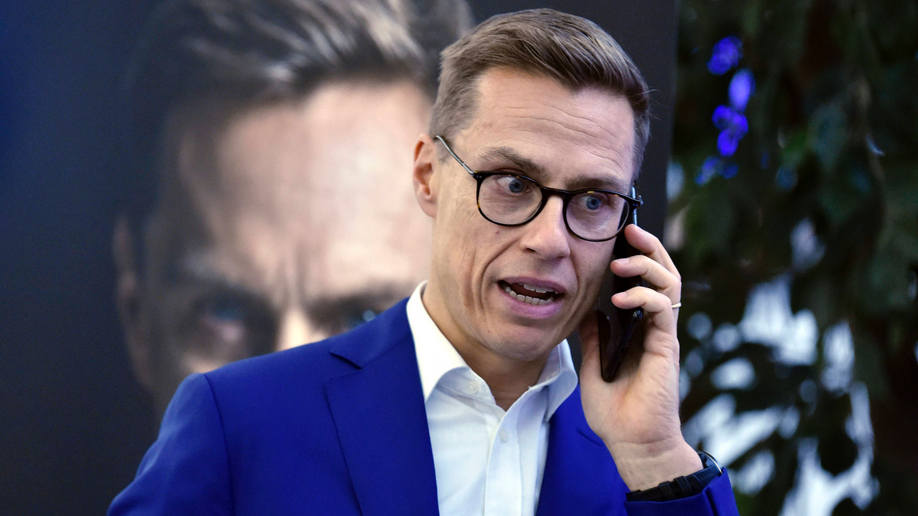EU center-right plots strategy ahead of key election
{{#rendered}} {{/rendered}}Center-right leaders and senior politicians from across Europe are gathering to plot their strategy to win the next EU elections, and must also decide whether Hungary's stridently nationalist ruling party should remain part of their political family.
Over two days in Finland starting Wednesday, heavyweights from the European People's Party — the group uniting Europe's center-right parties — will stake their claim to the EU's top political posts. The leaders of Germany, Austria, Bulgaria, Croatia, Hungary, Ireland and the EU's main institutions will all attend.
Far-right and populist parties have made big political gains as European leaders have bickered over how to handle what experts say should be an eminently manageable migration challenge for the world's biggest trading bloc.
{{#rendered}} {{/rendered}}The fresh battle between Brussels and Italy's populist government over the country's budget plans — just as negotiations on Britain's departure from the EU stall — is a stark example of the kind of chaos that could hit the European project after the May elections.
The question facing the EPP is whether to try to contain or to cut adrift Hungary's ruling Fidesz party and Prime Minister Viktor Orban. In September, EU lawmakers voted to pursue unprecedented action against his government for attempting to undermine the bloc's democratic values and rule of law.
Already on Wednesday, delegates were trying to draft an EPP statement of values that Orban and Fidesz would be willing to sign.
{{#rendered}} {{/rendered}}"If he signs it, he continues in the party but sticks to the line and stops talking about illiberal democracy, which is nonsense," former Finnish prime minister Alexander Stubb told The Associated Press, adding: "if he doesn't sign it, he's out."
Stubb, a part-time triathlete, is positioning himself as a center-right moderate, part of "the next generation of Europe." Delegates will choose between him and the favorite going into this meeting, Germany's Manfred Weber, to become the EPP's lead candidate in the elections.
That means helping to run the polls, and possibly become the next president of the European Commission, the powerful executive arm that proposes and enforces EU laws.
{{#rendered}} {{/rendered}}EPP insiders fear that pushing Orban out might just push him into the arms other far-right groups in Europe, like the nationalist Alternative for Germany (AfD) or France's National Rally, led by Marine Le Pen. Others worry that this policy of containment might undermine the group.
For the moment, Orban is endorsing Weber.


